Priorities
Explore, Enjoy, and Protect the Planet
Energy
Eliminating dependence on toxic fossil fuels and promoting clean, renewable, sustainable sources of energy is a top priority for Sierra Club. We strive to do this through the national Beyond Coal campaign, by supporting a combination of wind, solar, kinetic, and biomass energy, and by reducing the overall need for energy through advanced conservation techniques.
Mountain top removal, offshore drilling, fracking, tar sands, etc., lead to toxic environments, habitat destruction, loss of indigenous peoples culture, and poor human health. Tourism and commercial fisheries risk being obliterated here in NC – just as they were in the Gulf after the Deepwater Horizon disaster in 2009. The Gulf states are still struggling to survive. Continuing to suck from out planets finite resources is a disservice to us and future generations. What’s more, there is no necessity to continue depending on fossil fuels. Many countries have lead the way and shown it is possible – even economically sensible – to efficiently draw energy from the wind and sun.
Clean energy creates sustainable jobs, leads to a much higher quality of life for all, and helps maintain pristine ecosystems here in NC and across the planet.
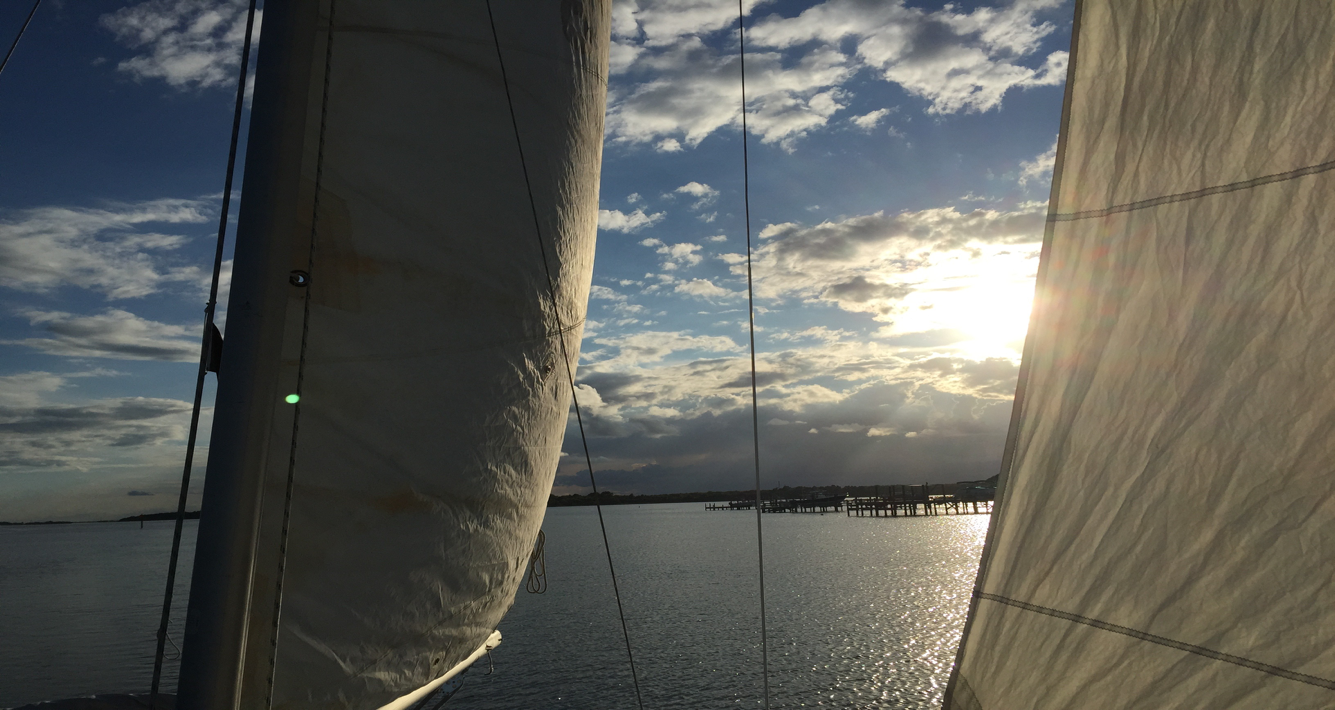
What Can you do?
As an individual, reducing your personal energy consumption is the first step. Sierra Club has a great interactive guide. Wind and solar energy projects often come down to local support. Carteret County saw a major wind energy project shut out in the planning stage in 2013, due in part to lack of public support. Whenever you’re given the opportunity, go out and support clean energy as a concerned and informed citizen.
CLIMATE CHANGE AND SEA LEVEL RISE
Anthropogenic climate change is a reality effecting every aspect of our lives. Ocean acidification is depleting coral reefs and marine invertebrate populations. Humans are suffering from increased respiratory disease. The National Audobon Society estimates that half of the birds in the US risk extinction do to too-rapid shifts in habitat.
Estuaries provide vital nursery habitats for fish, birds, and invertebrates, foraging habitat for everything from periwinkle snails to our beloved Bald Eagle, and a natural filtering process. Depleted estuarine habitat leads to poor water quality and increased harmful algal blooms. They provide a much needed buffer between development and ocean. Sea level rise will continue to irreversibly remove estuarine and coastal habitats that eastern North Carolinians depend on. Species extinction is already occurring, and even you may have experienced loss of property due to flooding and extreme weather events.
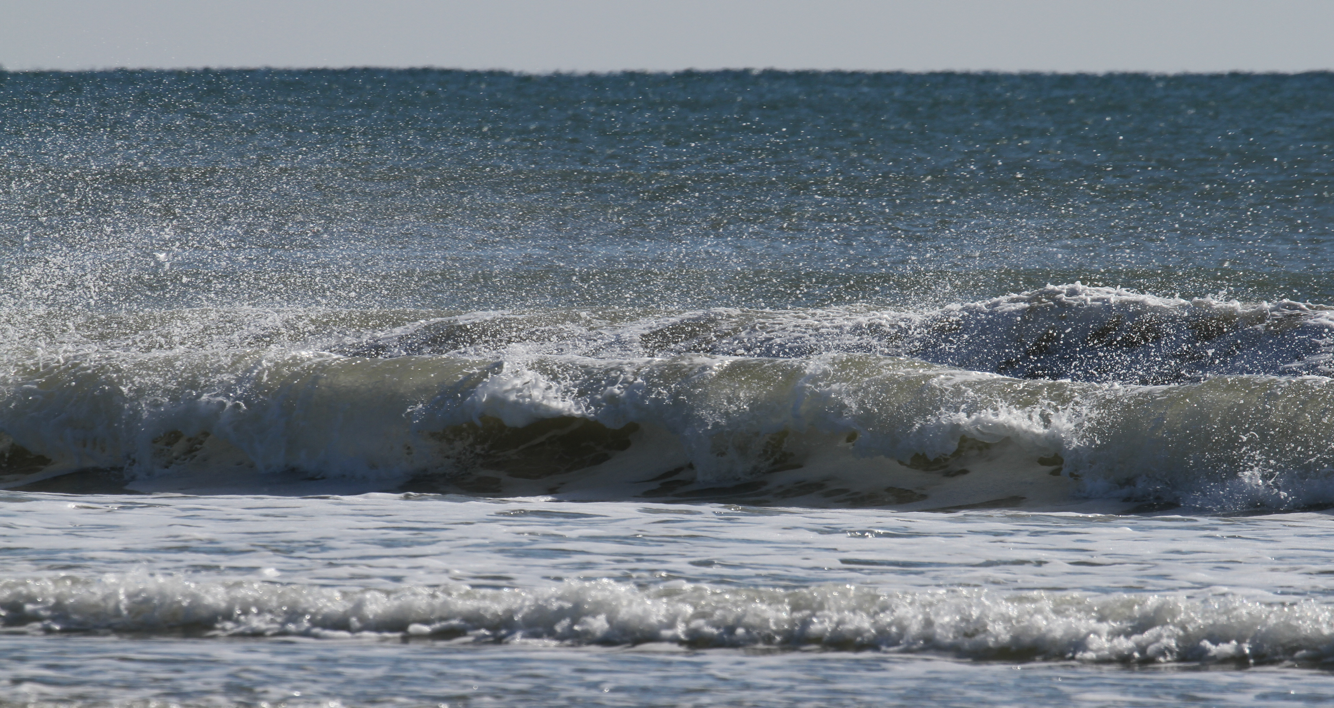
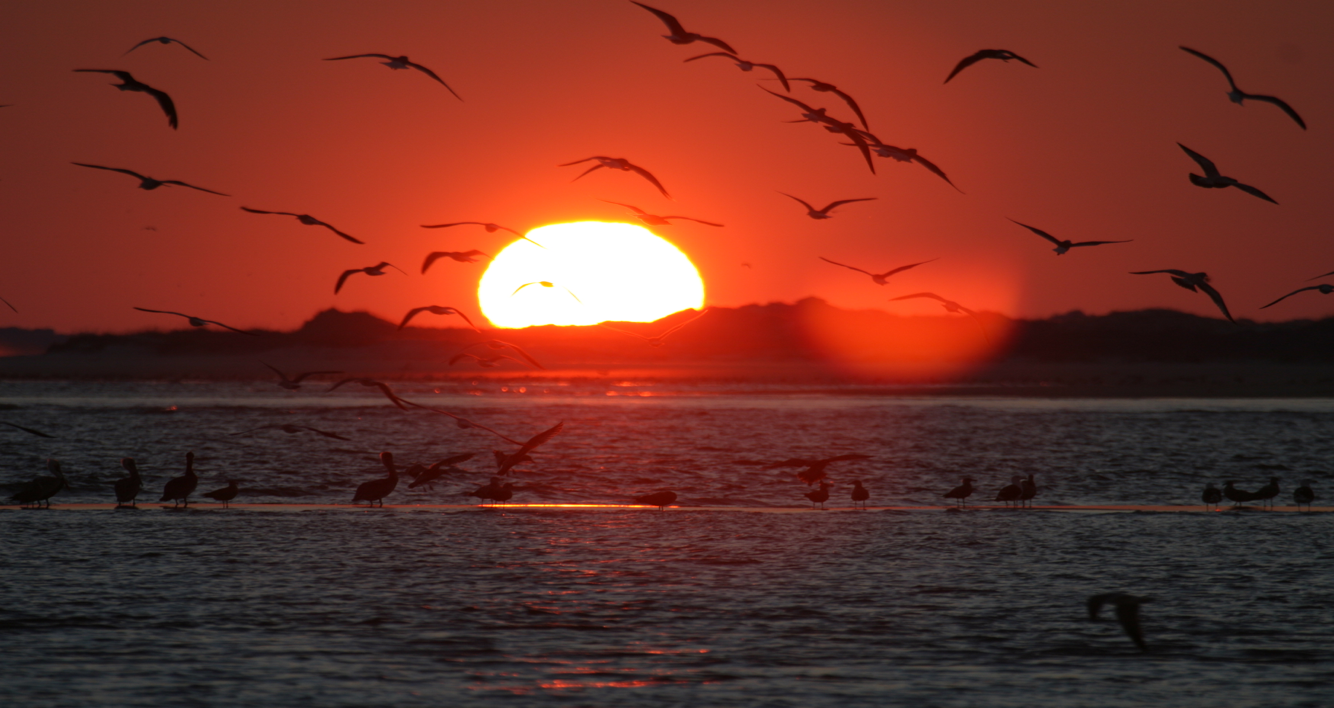
What Can you do?
The recent Peoples Climate March in New York City is a great example of how a strong willed citizenry can effect change. Support leaders that take a hard stance against increased fossil fuel dependence. Contact your local, county, state, and federal representatives to tell them that climate change mitigation should be a top policy priority. Use these links to find your representatives (list links for fed and NC reps, list reps for locals).
COAL ASH CLEANUP
Coal ash – the left over from burning coal for energy – contains tons of toxins, including heavy metals. Coal ash ’fly’ is stored in water in an attempt to prevent the particulates from spreading through the air. This is not 100% effective, and many unlined coal ash ponds across the country are known to leach arsenic, mercury, lead, selenium, and many other toxic chemicals. People living within 1 mile of unlined coal ash ponds can have a 1 in 50 risk of cancer—more than 2,000 times higher than what the EPA considers acceptable. The Dan River coal ash disaster in NC and the dramatic Kingston Fossil Plant coal ash pond in Tennessee in 2008 showed everyone just how dangerous coal is to us, and to our wildlife. Duke Energy has yet to make changes to their coal ash storage facilities or policies to better protect the public. The cost of coal is clearly not worth the risk.
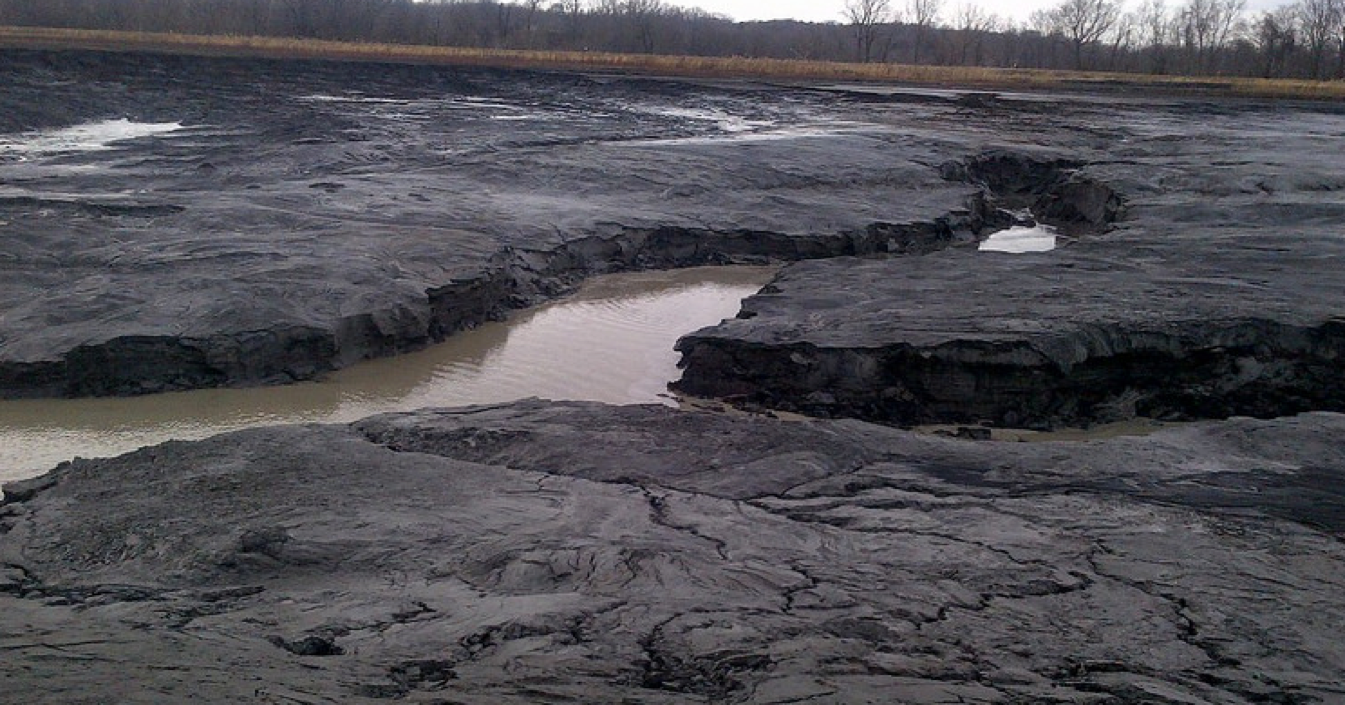
What Can you do?
It will take the NC and federal legislatures to force Duke Energy and other coal-based energy conglomerates into making our nation a safer place to live. Contact your representatives and tell them:
1. Duke Energy must move all coal ash ponds away from waterways. A massive spill is bad enough on land, but in a river or near a drinking water source, the repercussions are dire.
2. All storage sites must be moved to dry, lined, impermeable facilities to prevent toxic leakage into groundwater.
3. Tax payers must not be held responsible for greedy corporate decisions. Duke Energy must take financial responsibility for their mess.
4. Regular mandatory inspections must be conducted and permits must be adhered to. Duke Energy has gotten away with far too many permitting violations over the years, and must not be allowed to supersede the law for their own profits.
5. These actions must happen now! Heavy metals are actively leaching out of coal ash ponds into our soil and water. This cannot wait!
BEACH ACCESS
Eastern North Carolina has so much to offer tourists and locals alike when it comes to our coast. Access to fishing, surfing, biking, and all of the other wonderful activities available at the beach and in our sounds is imperative. It’s why we live here and the reason tourism is so popular here. Beach and waterway accesses must be readily available to the public.

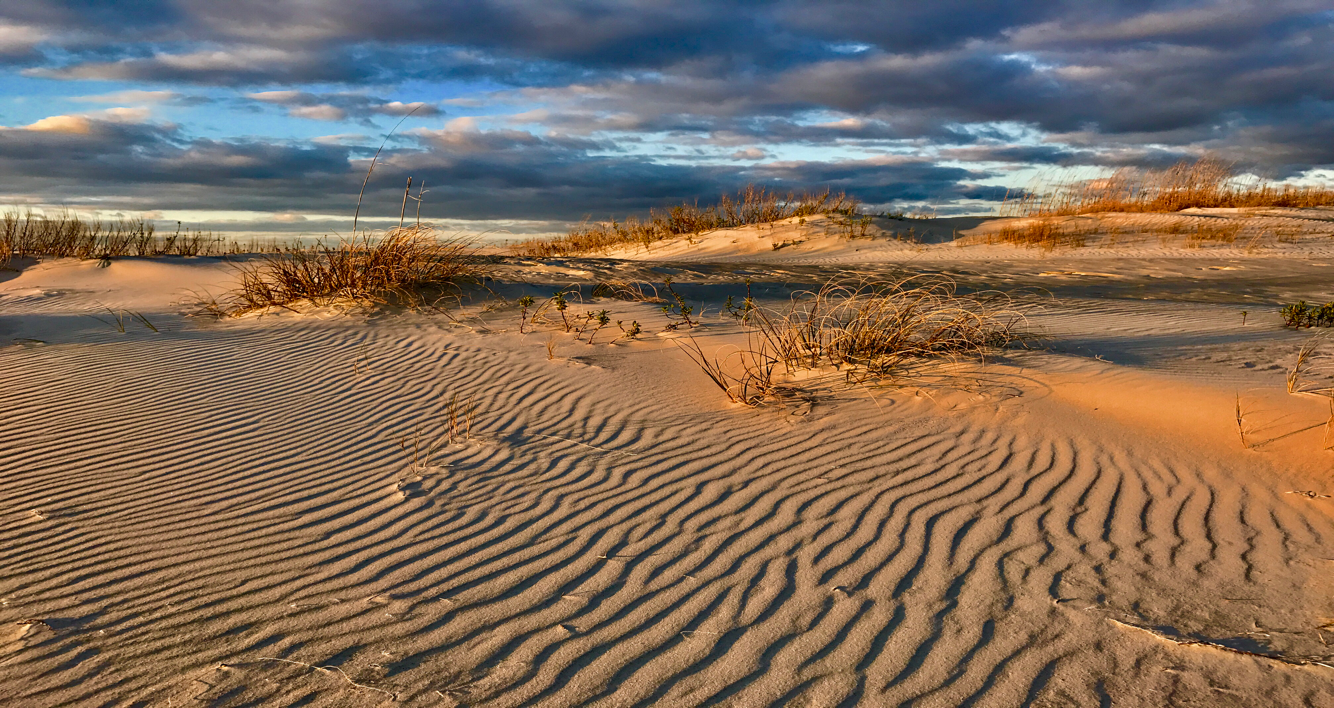
What Can you do?
The beautiful beaches of eastern NC are vital parts of economic progress. Most of our beaches occur on barrier islands – natural, dynamic, ever changing coastal features. Sand placement, or beach renourishment as it’s commonly called, allow our beaches to stay put and negate natural coastal processes.
Sand placement can be problematic for many reasons. The term ‘renourishment’ is misleading since it actually destroys natural habitat. Dumping sand, mud, and shell in areas where it doesn’t belong is obviously detrimental to ecosystems that function through a delicate balance between flora, fauna, and natural processes. Regular renourishment projects also give a false sense of security to property owners and encourage risky development. Rather than methodically retreating from the coast, many developers continue to push toward the ocean, causing expensive disasters when inevitable hurricanes and winter storms strip the coast of sand. That expense fans out to insurance policy holders who have nothing to gain from assisting the constant rebuild of million dollar homes on the beach.
Croatan Group understands that renourishment projects bring tourism dollars to our wonderful state and likely are not going to end any time soon. That being said, we support changes to sand placement projects to improve their effectiveness and increase their positive aspects.
OVERFISHING
Recreational and commercial fisheries are economically and culturally important aspect of life along the coast. Croatan Group whole heartedly supports sustainable fisheries. We support an ecosystem-based management approach, and more attention to methods, rather than treating each species as a separate management unit. Increased funding and science-backed, conservation-minded leaders in our fisheries research labs are the keys to success. Increased funding means better science which leads to better regulation.
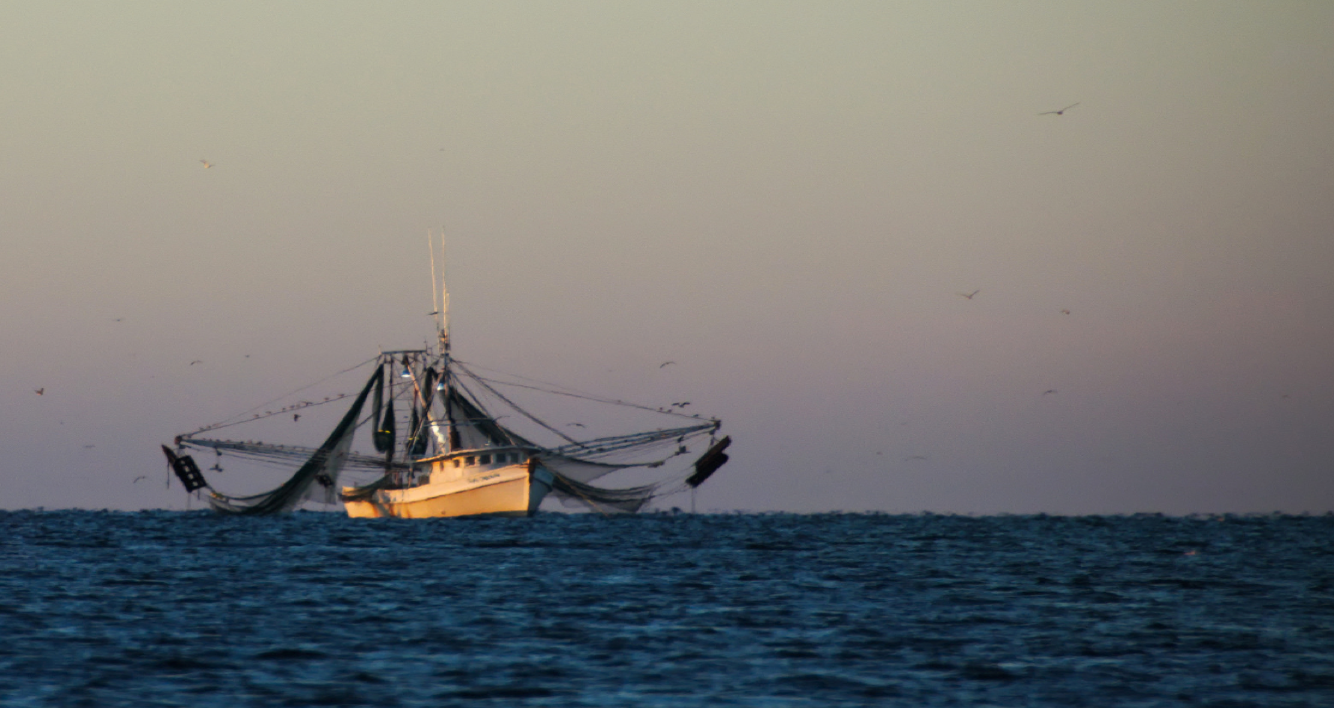
What Can you do?
Support our local fisheries. Buying sustainably harvested seafood is a great way to do that. Support increased funding to DENR and NOAA by voting in leaders that care about maintaining this important resource for generations to come.
FOREST CONSERVATION
Hofmann Forest
Hofmann Forest, a 79,000 acre forest, owned by North Carolina State University, should be permanently conserved as a publicly-owned forest. It is valuable and unparalleled outdoor laboratory for research, education, and demonstration projects related to forestry, wildlife conservation, ecological restoration, recreation, and other natural resource fields. It is important to recognize the extreme value of this tract for maintaining water quality of the Trent, New, and White Oak River watersheds, and for providing abundant groundwater recharge to the Castle Hayne Aquifer. Hofmann Forest provides abundant core habitat for black bears and other wildlife species, and for serving as a critical linkage to additional conservation areas on the coastal plain.
Hofmann Forest is at risk of being sold to agriculture and residential developers. Rather than sell the forest outright to a private buyer for short-term financial gain, NC State University should instead immediately pursue selling a permanent forest conservation easement on the entire tract. This easement should protect all 79,000 acres from conversion to other land uses, and should open up large portions of the forest to the general public for a range of outdoor recreational pursuits, so that all North Carolinians will have the opportunity to explore and appreciate Hofmann Forest in the years ahead.
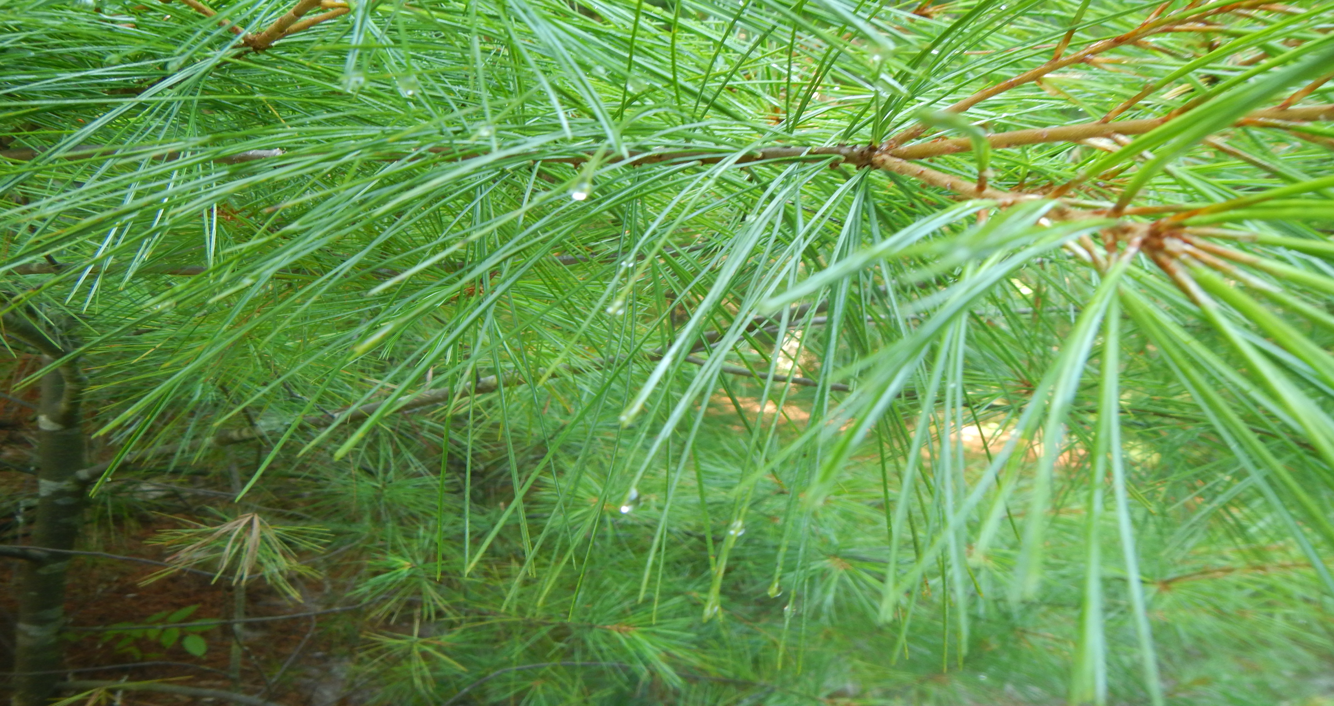

Croatan Forest
The Croatan National Forest, which is about 160,000 acres in extent, is an ecological gem that straddles portions of Carteret, Craven, and Jones counties. Visitors come from as far away as England and Canada to view the bird life and plant life of this national forest.
Some particular noteworthy habitats found within the Croatan are pine savanna, pocosin (shrub bog), limesink ponds, and nonriverine swamp forest. Most of the habitats found within the Croatan are fire dependent. The Croatan hosts two federally-listed endangered species: red-cockaded woodpecker and pocosin loosestrife. The Croatan Forest also harbors 75 species of plants and animals that are considered rare. Notable species include 15 species of carnivorous plants and 34 species of native orchids. The northern limit of several plant species is within the Croatan Forest’s borders.
The ecological significance of the Croatan is threatened in various ways. Much of the Croatan is fragmented by the presence of various parcels of private land. The presence of this land often hinders prescribed burning of national forest land. The Croatan is also threatened by the planned Havelock Bypass, which will bisect two significant natural areas and will hinder or prevent prescribed burning in critical habitats, and two other future bypass projects (US 70 New Bern Bypass, Northern Carteret Bypass).
NET METERING
Net metering is a common billing policy that allows utility customers who generate their own electricity to receive credit for the surplus generation they contribute to the grid. Net metering policies currently exist in 43 states and are recognized for spurring job growth, driving competition and strengthening the utility grid. In North Carolina, customers with solar rooftop systems are eligible for net metering and receive credit for excess generation using the utility’s retail rate. North Carolina’s existing net metering standards ensure that solar rooftop customers receive fair credit for the electricity they contribute to the grid.
Net metering drives private investment by giving property owners the option to generate their own electricity while receiving fair credit for the surplus electricity they provide to the grid. Fair net metering policies encourage competition and allow for entrepreneurship and innovation within an otherwise monopolized utility industry.
The solar industry in North Carolina is booming. In 2013, North Carolina ranked second in the nation for new solar capacity installed. The same year, the solar industry employed more than 2,400 workers and contributed more than 1 billion dollars to the state economy. North Carolina’s existing net metering policies support these investments and drive future industry development in the state.
A study conducted by Crossborder Energy concluded that the benefits of rooftop solar in North Carolina outweigh the costs by 30 percent. Net metering reduces costly peak demand, increases transmission efficiency, lessens the burden on distribution systems and reduces the need for infrastructure investment.

What Can you do?
Despite the many benefits that net metering provides to ratepayers and the utility grid, Duke Energy plans to seek a weakening of North Carolina’s existing net metering standards. If successful, Duke Energy’s efforts will stifle investment and competition and create uncertainty for the state’s booming solar industry. Protecting North Carolina’s fair net metering policies is essential to the growth of solar electricity and consumer choice in the state.
LITTER
Trash in our environment has obvious negative impacts on wildlife, tourism, and our ecosystem. Everyone has seen the awful photos of animals stuck in plastic 6-pack rings and legs wrapped in fishing line, and cans, tires, and plastic bags sticking out of ditches and blowing around on the beach. We support methods to mitigate plastic waste.
What Can you do?
Embracing a waste-free lifestyle is extremely important to reducing the amount of litter that reaches our environment. If less disposable materials are used, that will directly cut the amount of waste produced. Personal and business responsibility will lead to a better, more beautiful outdoors. Businesses can initiate policies that decrease use of disposable plastic bags and shipping waste. Do your best to reduce your use of disposables and support businesses that strive to protect our wildlife.
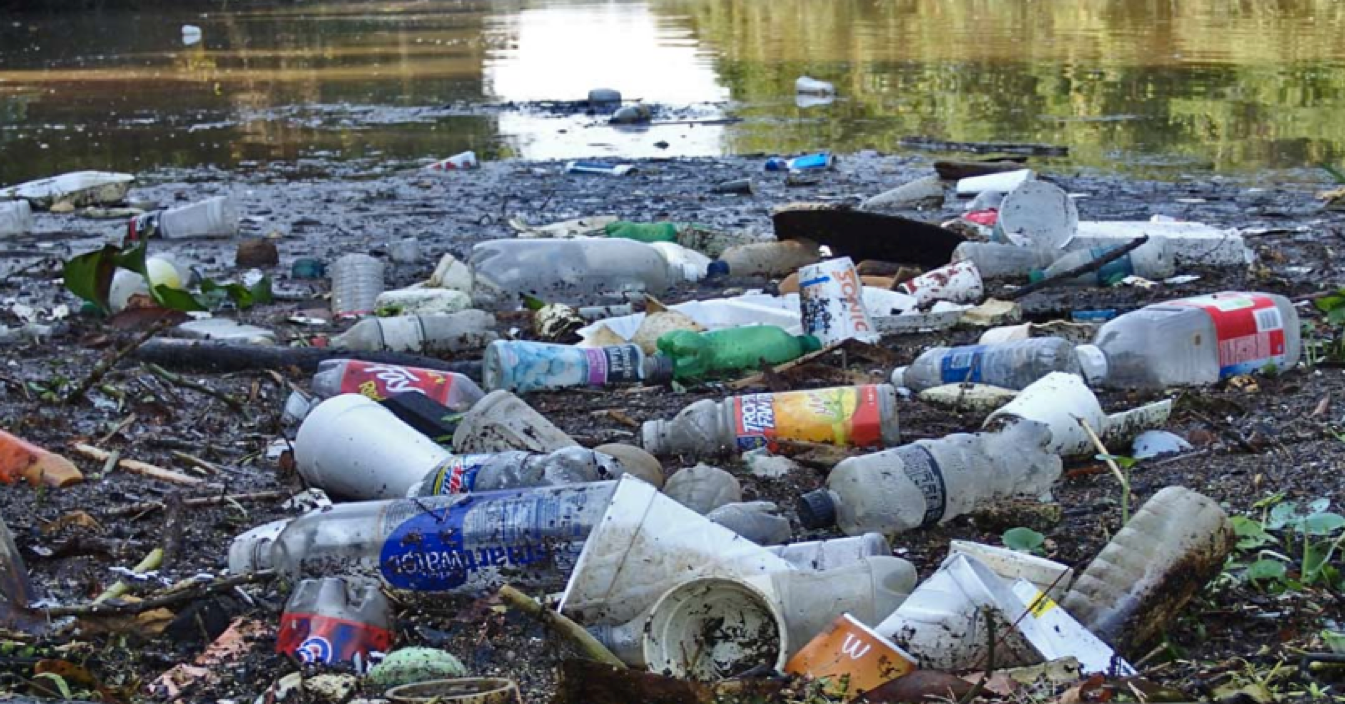
PUBLIC TRANSPORTATION AND BIKING
Access to and availability of public transportation is yet another aspect to decreasing our dependence on fossil fuels. Timely and dependable buses that maintain helpful routes at a cost effective price for the masses is imperative. CCATS (Carteret County Area Transportation System) recently started its first regular route. This is an exciting first step preceding a hopefully bright future for public transportation in our area.
Many areas within Croatan Group’s boundaries are easily bike-able. Downtown Beaufort and Morehead City, (ADD MORE) are scenic, safe areas for cyclists. Bike commuting is on the increase across the country. Biking isn’t just for the spandex-clad pros; the occasional cruiser rolling through town is just as important for increasing bike-able areas across our state.

What Can you do?
We will continue to educate the public about these pesticides, and encourage local stores to discontinue the sale of products and plants that contain these dangerous chemicals. Growing pesticide-free plants in your yard is a great way to help protect and increase the numbers of local pollinators. The Crystal Coast Beekeepers are a wonderful resource for instructions on when to plant what plants that are most effective for bees and other pollinators. Perhaps you could even become an amateur beekeeper!
PESTICIDES AND POLLINATORS
Neonicotinoids – a particularly effective class of insecticides that affect the central nervous system of insects, resulting in paralysis and death – have been implicated in Colony Collapse Disorder in honeybees and persist in our environment, well beyond the initial point of contact. Neonicotinoids devastate pollinator populations and have been shown to be toxic to birds, fish, and other animals. These chemicals have been banned in many countries, but the EPA has been unwilling to consider a ban so far. Bees and other pollinators are responsible for a huge percentage of our food. We are extremely alarmed by the far-reaching effect these toxic chemicals have on our ecosystem.


What Can you do?
Embracing a waste-free lifestyle is extremely important to reducing the amount of litter that reaches our environment. If less disposable materials are used, that will directly cut the amount of waste produced. Personal and business responsibility will lead to a better, more beautiful outdoors. Businesses can initiate policies that decrease use of disposable plastic bags and shipping waste. Do your best to reduce your use of disposables and support businesses that strive to protect our wildlife.